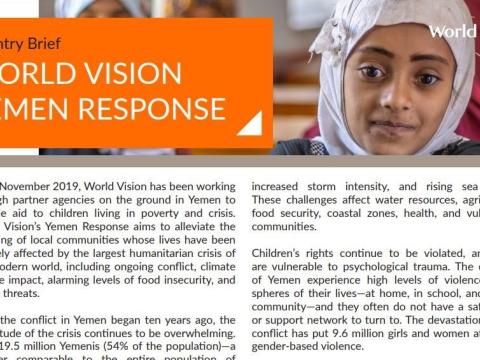Lessons on small and medium-scale maize flour fortification in Tanzania
Download
Malnutrition and micronutrient deficiency remains a stubborn problem among the Tanzanian population. To support government policy and efforts DSM and World Vision Tanzania, supported by World Vision Switzerland, formed a partnership to implement the ‘Millers Pride – Lishe Bora’ project, which ran from 2013 to 2016. In late 2016, the Royal Tropical Institute (KIT) carried out an evaluation of the Millers Pride project. This public paper draws on the evaluation findings and aims to synthesize lessons learned for a wider audience.
Maize flour is thought to be an attractive vehicle for fortification because it is a staple food for a large proportion of the population, including poor and vulnerable households who consume it regularly. As in many lower- and middle-income countries, the maize milling industry in Tanzania is comprised of two distinct types of mills. Only around a dozen roller mills operate on a large-scale throughout the country, with an estimated 95% of maize flour being produced by small and medium-scale hammer miller operators.
The Millers Pride project recognized that the high number of hammer mills in the country presented an opportunity to identify a ‘proof of concept’ for maize flour fortification. The project aimed to support small and medium-scale millers to fortify maize flour, thereby boosting its micronutrient content, and ultimately improving the nutritional status of thousands of Tanzanians. The project engaged in a series of activities focussed on improving governance, facilitating change in the supply chain, building miller’s capacity, and raising consumer awareness.
A 2-page brochure is also available: https://www.wvi.org/publication/millers-pride-lishe-bora-project



